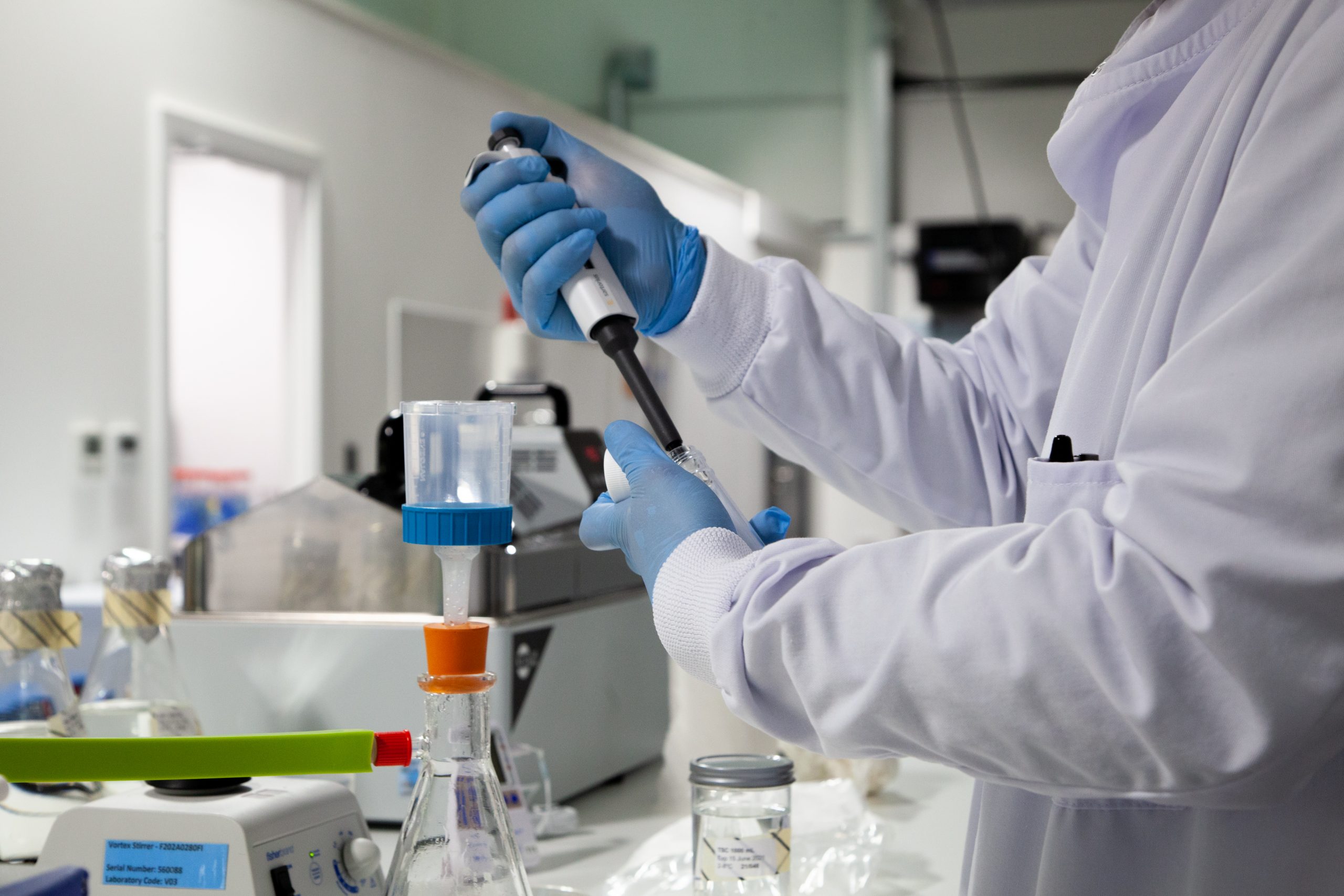In the dynamic realm of drug discovery and development, the validation of biological assays serves as the linchpin. With bioanalytical techniques like ELISA assays dominating the identification and characterization of analytes, the emergence of multiplexed biological assays introduces complexities that demand innovative solutions. This article explores the latest trends in assay lab advancements, with a focus on multiplexed biological assay validation, while delving into the role of LC-MS/MS services.
Assay Lab Advancements: Multiplexed Biological Assay Validation
The Significance of ELISA Method Validation
Bioanalytical techniques, particularly the ELISA method, are considered gold standards. However, the traditional ELISA lacks the ability to multiplex, prompting researchers to turn to advanced platforms for simultaneous analysis of multiple analytes. Multiplexing not only saves time and resources but also conserves precious biological samples. Validating these multiplexed biological assays, though, introduces unique challenges that demand a thorough examination.
The Rise of Multiplex Platforms: Luminex and Meso Scale
The Luminex technology and Meso Scale Discovery platform have risen to prominence in clinical and biomedical research for multiplexed assays. Luminex employs bead-based assays with individual beads conjugated with distinct capture molecules, offering a unique spectral signature for each analyte. On the other hand, Meso Scale combines electrochemiluminescence detection with multi-array technology, providing highly dense biological information. Reagent quality plays a pivotal role in determining assay performance across both platforms.
Challenges in Multiplexed Assay Validation
While multiplex assays offer advantages such as sample conservation and easy miniaturization, they present distinct challenges in validation. Analyzing data from a single multiplex plate, equivalent to numerous individual ELISA assays, requires more complex and time-consuming data analysis. Unique considerations for validating each biomarker assay within a panel add further complexity, necessitating careful regulatory considerations.
Must Read: qPCR Expression Analysis: Probing Gene Expression with Quantitative PCR
LC-MS/MS Services: Revolutionizing Multiplexed Assay Platforms
The Role of LC-MS/MS in Multiplexed Assay Services
LC-MS/MS services play a crucial role in advancing multiplexed assay platforms. These services, known for their sensitivity and specificity, contribute to the robust validation of assays. LC-MS/MS is particularly valuable in addressing challenges related to accuracy, selectivity, and stability in multiplexed biological assays.
Regulatory Considerations and Method Validation
The US FDA provides guidelines for bioanalytical method validation, but these are not specific for multiplexed nonclinical studies. Method validation parameters, including accuracy, selectivity, precision, range, stability, and reproducibility, must be carefully addressed in the context of multiplexed assays. Unique considerations for validating biomarker assays, distinct from pharmacokinetic assays, further emphasize the need for a tailored approach.
Fit-for-Purpose Validation Strategy
In the era of multiplexed biological assays, sponsors increasingly adopt a fit-for-purpose approach for validation. This strategy involves tailoring the validation process to fulfill the intended application of the method. The extent of method validation varies based on the analyte of interest and the specific stage of drug discovery and development.
Navigating the Future: Toward Enhanced Assay Lab Capabilities
As the landscape of multiplexed biological assay validation evolves, the interplay between assay lab advancements and LC-MS/MS service becomes pivotal. The strategic integration of fit-for-purpose validation approaches ensures that these advancements align with the intended applications, paving the way for a more efficient and reliable future in drug discovery and development.
In Conclusion
The synergy between assay lab evolution and LC-MS/MS services signifies a transformative period in biological assay validation. With a focus on assay lab capabilities and the contributions of LC-MS/MS, the industry is poised to unravel new dimensions in understanding biomarkers and drug concentrations, ultimately advancing the field of drug discovery.
